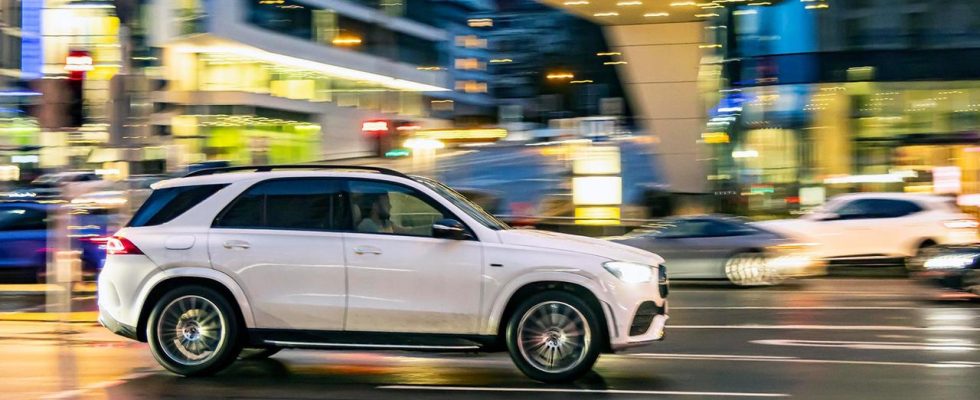According to the head of the energy agency IEA, Birol, the trend towards heavy, large cars is fatal. He demands that states make SUVs less attractive – for example through higher taxes.
The traffic pattern in many cities is characterized by large, heavy cars. The purchase of city off-road vehicles (SUVs) has increased in recent years. The head of the International Energy Agency (IEA), Faith Birol, criticizes the trend towards increasing use of SUVs.
He calls for government intervention. “It is crucial to solve the problems they pose in terms of additional energy demands, public space demands and additional danger to pedestrians,” Birol told the French newspaper Les Échos.
Half of all New car sales are SUVs
States should discourage their citizens from buying an SUV and take regulatory action. This could happen, for example, in the form of higher taxes or parking fees. “If you look at the transport sector in general, you see two very strong trends: the increasing importance of electric vehicles, but also the increasingly important place that SUVs occupy,” said Birol.
In 2023, SUVs accounted for almost half of global new car sales at 48 percent. In Europe they even exceeded the 50 percent mark. Because of their higher weight and less aerodynamic shape, SUVs emit an average of 20 percent more CO2 than sedans. The IEA, based in Paris, is an interest group that advises industrialized countries on energy issues.
Paris plans higher parking fees
On Sunday there will be a public poll in Paris on the plan to charge three times as much parking for large city SUVs as for ordinary cars. The city argues that the special tariff of 18 euros per hour in the center and 12 euros in the outskirts should limit the nuisance caused by SUVs.
The fees would be around three times as high as before. Parking in Paris could become significantly more expensive in the future for SUV drivers from outside the country. At the same time, it is about sending a message to the automotive industry that the big cars are endangering ecological change.

